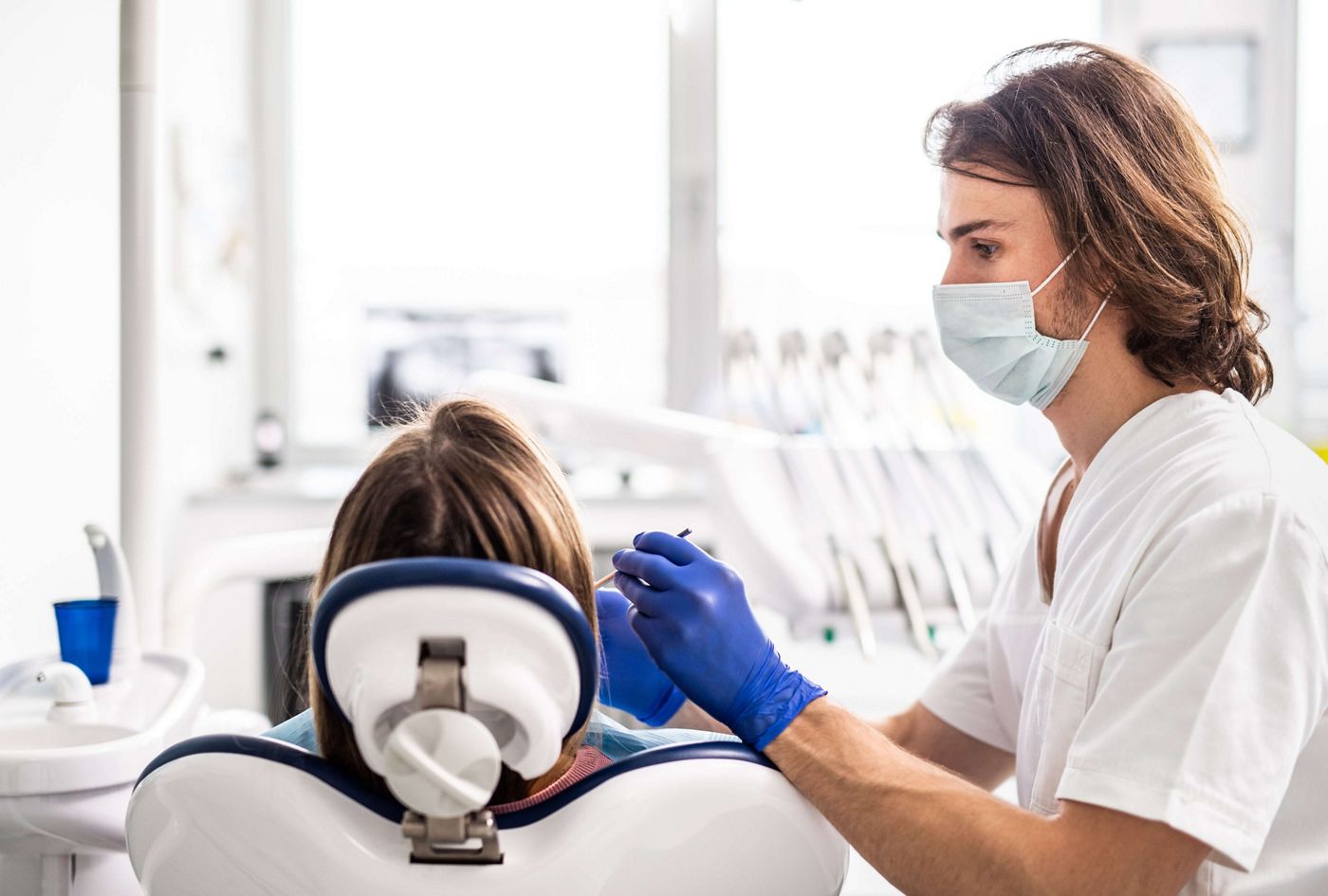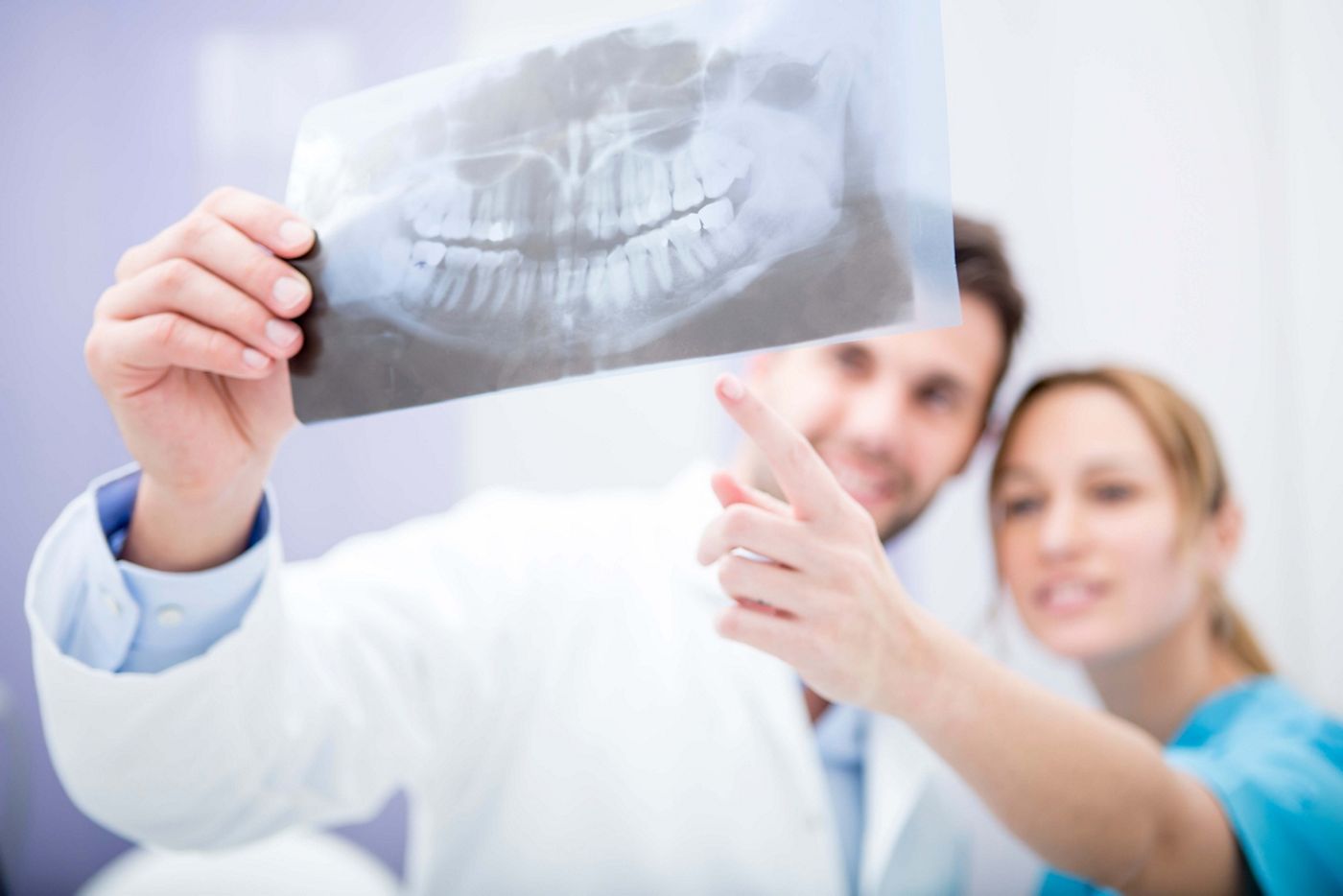How much is a dental check-up in the UK?
Navigating the cost of dental check-ups in the UK can be hard, with prices varying based on location, dental practice type, and the services included.
Regular dental check-ups are crucial for maintaining oral health, but understanding the financial aspect is equally important. This article provides a comprehensive guide on what to expect, average costs, and tips to find affordable care.

Regular dental check-ups are essential for maintaining good oral health. These visits allow dentists to catch potential issues early, such as cavities, gum disease, and even signs of oral cancer, leading to more effective and less costly treatments.
Beyond just examining your teeth, these check-ups are an opportunity to receive professional cleaning and advice on oral hygiene practices, ensuring long-term dental health.
What to expect during a dental check-up
A typical dental check-up involves a thorough examination of your teeth, gums, and mouth. Your dentist will look for signs of decay, gum disease, and other oral health issues. The check-up may also include a cleaning, where the dentist or hygienist will remove plaque and tartar buildup.
They may also discuss your diet, smoking, and drinking habits, as these can affect oral health. It's a chance to address any concerns you may have, such as tooth sensitivity or pain.
Understanding the cost of a dental check-up
Dental check-up costs in the UK can vary significantly, influenced by several factors. Patients need to have a clear understanding of these costs to manage their oral health effectively within their budget. You can see some indications for average prices below.

Factors influencing the cost of a dental check-up
Several factors can affect the cost of a dental check-up:
Location: Costs can be higher in urban areas like London compared to more rural locations.
Dental practice type: Private practices generally charge more than NHS clinics.
The cost of dental services, including check-ups, can vary considerably based on the location of the dental practice and whether it is a private or NHS practice. In general, private dental practices offer more personalized care but at a higher cost, while NHS services are more affordable but might have limited availability or longer waiting times.
Average cost for dental check-ups
Private dental check-up costs in the UK can range widely. On average, a routine check-up can cost anywhere from £20 to £120, depending on the practice and location. It's important to note that private check-ups may offer more comprehensive examinations and immediate appointments.
Regional variations in pricing
Dental care costs can vary significantly across different regions within the UK. Urban areas, particularly in and around London, tend to have higher prices due to higher operational costs. In contrast, dental practices in smaller towns or rural areas might offer more affordable rates. It's worth comparing costs in different regions if you have the flexibility to travel for dental care.
What's included in the cost of a dental check-up
When paying for a dental check-up, it's crucial to know what is included in the cost. Examination and diagnosis will usually include:
Oral health assessment: The dentist conducts a comprehensive examination of your teeth, gums, and mouth. This includes checking for signs of decay, gum disease, and other potential issues.
Oral cancer screening: Many dentists include a basic screening for oral cancer during a check-up, examining your mouth, throat, and neck for any signs of abnormality.
Discussion of oral hygiene habits: The dentist may discuss your current oral hygiene practices, offering advice on improvement if necessary.
Additional potential procedures during a dental check-up
Professional cleaning: A key component of a check-up is professional cleaning, or scale and polish, where plaque and tartar buildup are removed from your teeth.
X-rays: Some check-ups may include dental X-rays to provide a more detailed view of your teeth and jawbone. This is usually done if the dentist needs to diagnose problems not visible during the oral examination.
Preventive advice: Based on the examination findings, the dentist might offer advice on how to prevent common dental issues, such as cavities or gum disease.
Treatment planning: If any dental issues are identified, the dentist will discuss them with you and may recommend a treatment plan. This could include follow-up appointments for fillings, extractions, or other procedures.

Additional costs to consider
When budgeting for dental care, it's important to factor in potential additional costs beyond the basic check-up fee. These can vary depending on your individual oral health needs and the specific practices of the dental clinic.
X-rays and diagnostic tests
Dental X-rays are often necessary for a more comprehensive assessment of your oral health, particularly if you're a new patient or if the dentist suspects issues beneath the surface. The cost of X-rays can vary, but they are a crucial tool for diagnosing problems like hidden decay, impacted teeth, or jawbone issues.
Other diagnostic tests may include 3D imaging or specialized scans, especially for complex dental issues. These tests are usually charged separately and can add a significant amount to the overall cost.
Follow-up treatments and procedures
If issues are identified during a check-up, additional treatments such as fillings, root canals, or extractions may be necessary. These procedures will be charged separately and can vary widely in price depending on the complexity of the treatment.
Regular preventive treatments, like fluoride applications or dental sealants, might also incur additional costs. These are often recommended to maintain oral health and prevent future problems.
Tips for cheaper dental check-ups
Saving on dental check-ups without compromising on quality care is possible with a bit of research and planning. Consider dental insurance or a dental savings plan, which can offer significant discounts on routine care and procedures.
You may also consider looking into dental schools or community clinics, which often provide services at a reduced cost. Ask your dentist about payment plans or financing options, especially for more expensive treatments.
Researching and comparing prices
Start by researching online or calling different dental practices to inquire about their prices for check-ups and common treatments. Don't hesitate to ask for a detailed breakdown of costs and what each service includes.
Seeking recommendations and reviews
Ask friends, family, or colleagues for recommendations on affordable dental care providers. Online reviews and forums can also provide insights into the cost and quality of services offered by different dental practices.